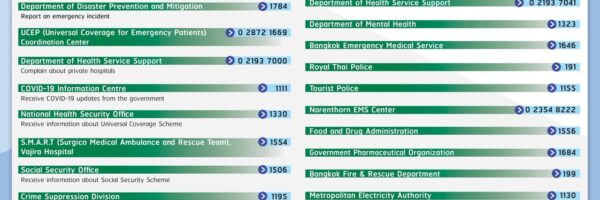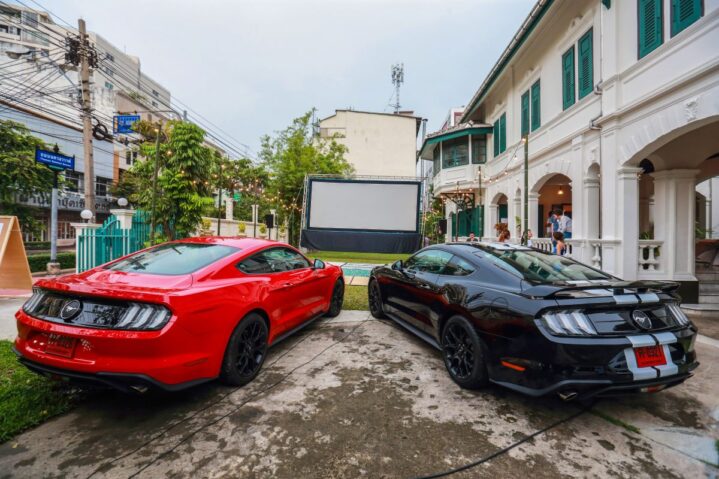
New beginnings in Nang Loeng
From food rescue to plastic recycling, Ford’s fifth global community centre brings together diverse nonprofits to benefit Bangkok
It’s 3pm on a steamy Saturday in Bangkok, and there is something new happening in Nang Loeng, a teeming historic neighbourhood not far from the Royal Palace.
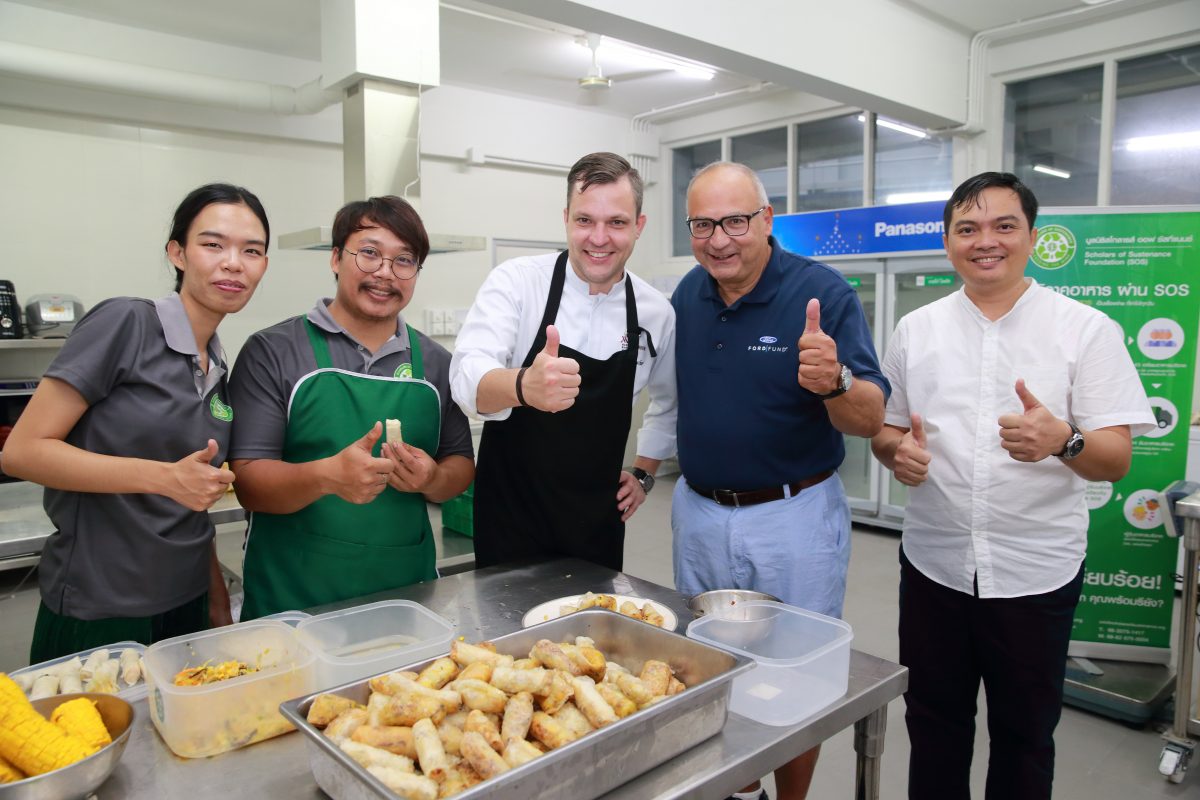
Eclectic doesn’t begin to describe the scene at the opening of the latest Ford Resource and Engagement Center (FREC), where nongovernmental organisations (NGOs) collaborate in unconventional ways for community benefit.
There’s a composting class at the outdoor soil bar. A five star chef from Marriott Hotels is teaching a sustainable cooking class. People are chatting while sitting on furniture made by architecture students and Ford Motor Company employees using recycled plastic and spare car parts from Ford’s factory in Rayong, Thailand.
On the second floor, guests learn how to rescue birds and school children play hopscotch and make maps, one creative way for them to learn and practice English.
Across the alley from the FREC, a 92 year old woman in elaborately beaded clothes performs a traditional Chakrit dance. Nearby, visitors in an indigo dyeing class dunk white cloths in vats of soupy blue water.
Later on opening day, there will be an outdoor movie, flanked by two Ford Mustangs. Swing dancing, storytelling and karaoke are also planned for the celebration.
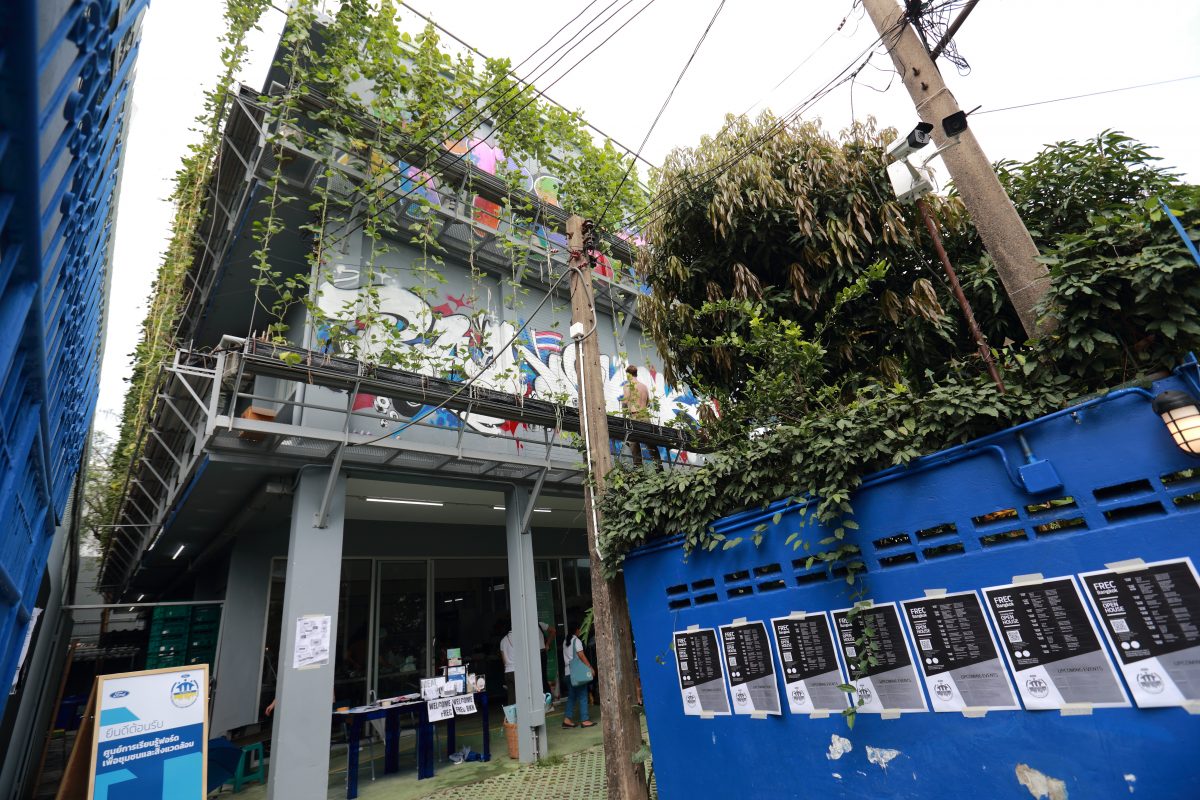
Unifying nonprofits to meet resident needs
Ford Motor Company Fund, the automaker’s philanthropic arm, launched its first FREC in Detroit in 2013. FRECs bring together several nonprofits offering different services so local residents can get the help they need in a single location to address the community’s concerns.
The concept has proven successful: At the inaugural FREC, located in Southwest Detroit, residents and neighbours receive $3 in services for every $1 Ford and its 10 nonprofit partners invest.
FREC Bangkok has eight partners providing everything from food rescue services to wildlife conservation to an artist in residence. It is the fifth centre in a $15 million global network of FRECs that the Ford Fund runs.
Ford Fund chose the Bangkok location, in part, because of Ford Motor Company’s large employee and manufacturing presence in Thailand: 14,000 employees and more than 100 dealers. Thailand also was the first country to hold community service projects after Executive Chairman Bill Ford launched the Ford Volunteer Corps in 2005. What’s more, the Ford team saw the city’s underserved populations and growing environmental movement needed assistance.
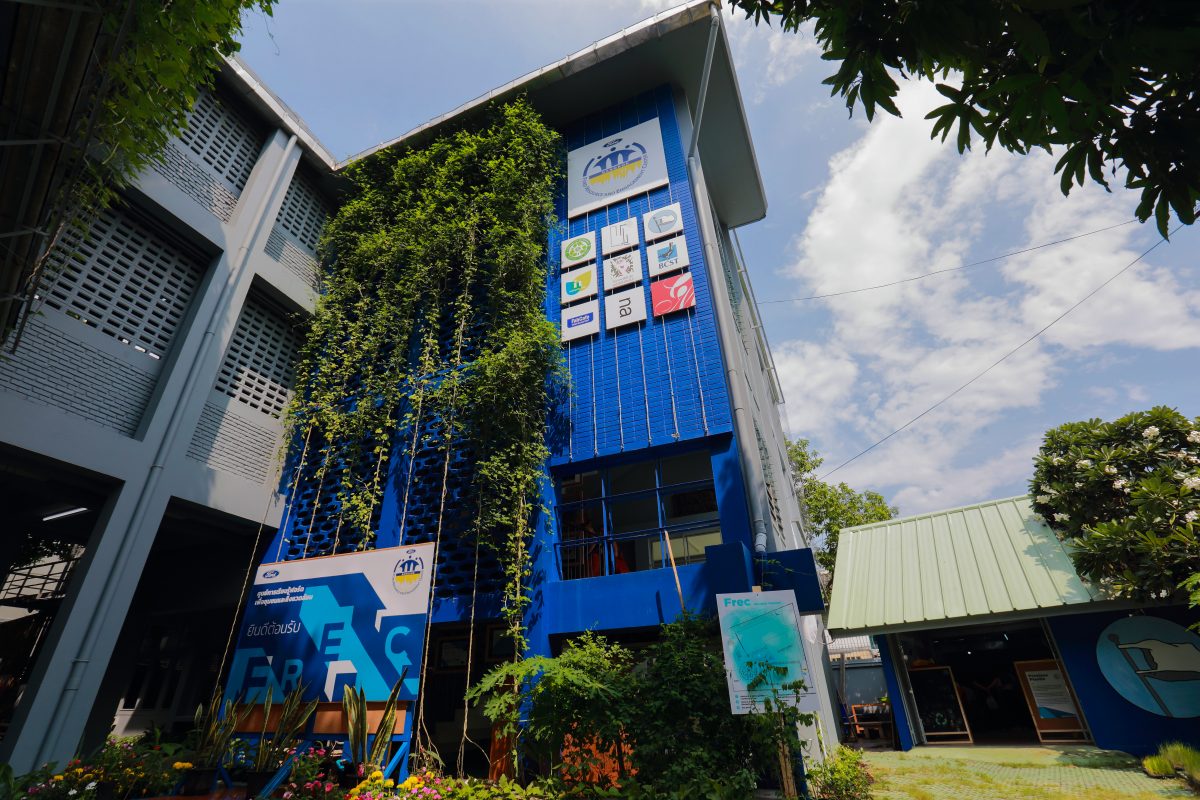
Putting experience to work
For Scott Chang, Ford Fund’s lead in Asia, this marks the culmination of two years of work.
When Ford decided to expand its FREC concept to Asia, Chang brought to bear not only his own professional knowledge of for profit and nonprofit organisations but also a personal history of working across Asian cultures.
Raised in Kansas and California, Chang was raised by Taiwanese immigrants. For his first five years, he spoke only in Mandarin. As the family story goes, Chang didn’t know a word of English when he started kindergarten. For the first month, he didn’t speak in class. Then, suddenly, he joined the other kids in speaking fluent English.
After graduating from the University of California at Berkeley, Chang found his way to China to work for Business for Social Responsibility, a non-profit focused on sustainability.
Chang joined Ford in 2011 to manage its sustainability communications in China. In 2015, he shifted to the Ford Fund as part of the foundation’s global expansion. He moved to Bangkok in 2016 when his husband, Brian Davidson, became the British Ambassador to Thailand.
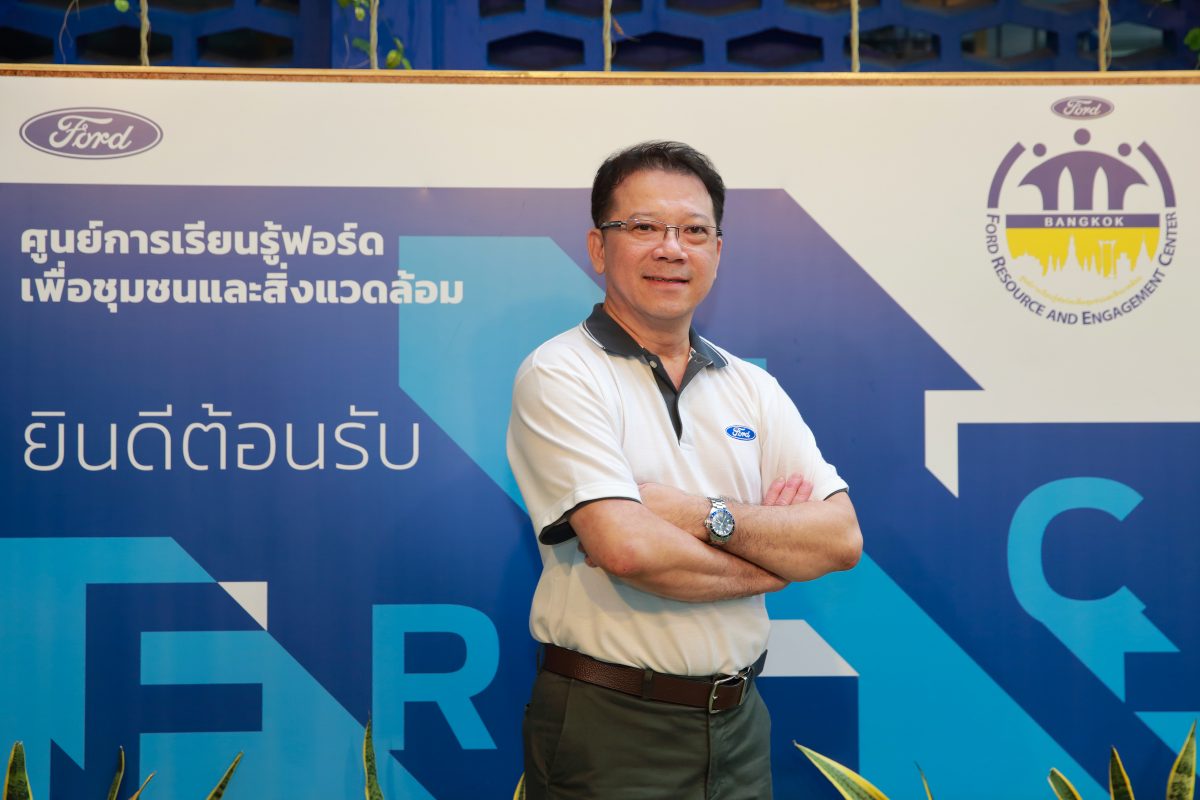
Building on promise
After touring several potential FREC sites, Nang Loeng stood out because of what it has in common with Detroit, Ford’s birth place – potential, Chang said.
Nang Loeng once was a thriving series of neighbourhoods with rich cultural traditions. Bangkok’s first book was published in Nang Loeng; the first cinema in Thailand opened in there in 1918; and Bangkok 1899, a historic nearby house, was one of the first homes in the city to get electricity.
But in recent decades, Nang Loeng had slipped behind as businesses went elsewhere and the population declined. Today, the area is primarily known for its multicultural food market, which draws visitors looking for authentic street fare.
Yet, changes are on the horizon.
“There’s something cool about this neighbourhood that’s going to shift,” Chang said. “And by having us here, we get to help the neighbourhood remember how great it is, and then do things like bring new technologies, environmental protection, active citizenship and think about how we want to lay out our city, neighbourhood and what would make us happy as a community.
“We have a chance to remember our past and then assist in a really nice way that feels very similar to that vibe in Detroit,” said Chang.
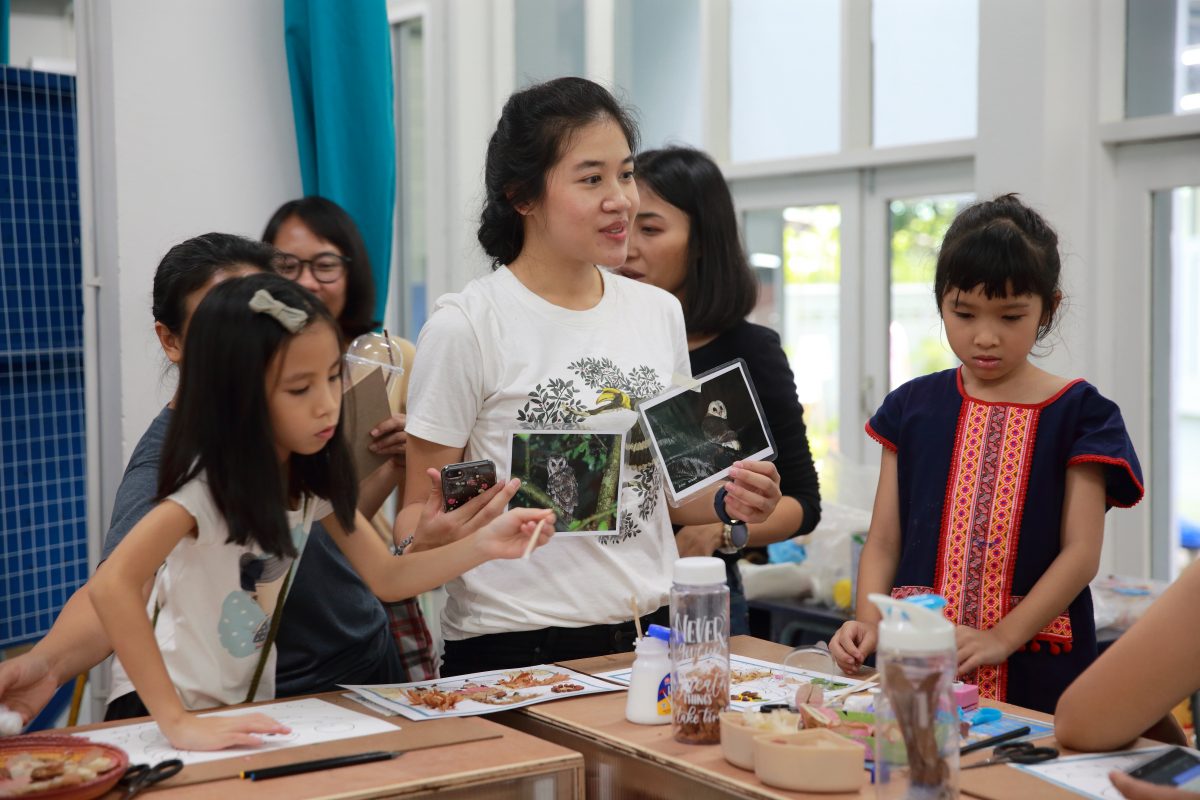
To do that, Chang tapped his international and nonprofit connections to pull together a unique group of eight NGOs, the likes of which are not found anywhere else. The organisations’ leaders are passionate about their work and several also have dual US-Thai citizenship and links into Thai political and diplomatic circles.
The eight NGOs he looked for needed to offer different services but be willing to collaborate – and bring a new way of thinking.
This is critical as Thailand begins to promote social enterprises, businesses and other organisations that work toward social good. In March 2019, the Thai government approved legislation that gives tax breaks and other incentives to registered ventures that aim to deliver a positive social impact while turning a profit.
Chang believes he found the right partners.
“They’re young; they’re innovative; they’re entrepreneurs; they’re upstarts,” he said.
One example of that is the Na Cafe, located next to FREC’s building in Bangkok 1899, a cultural and civic hub that is also a FREC partner. The Cafe is staffed by at-risk youth as part of a vocational training programme. Na Cafe also has connections to Gaa, a five star restaurant that works with Scholars of Sustenance, another FREC partner, to hand out free food to refugees.
Saks Rouypirom, founder of the SATI Foundation that runs Na Cafe, believes the FREC ecosystem model has potential.
“I’ve travelled all over,” Rouypirom said. “And, honestly, I’ve seen very few places like this in the world.”
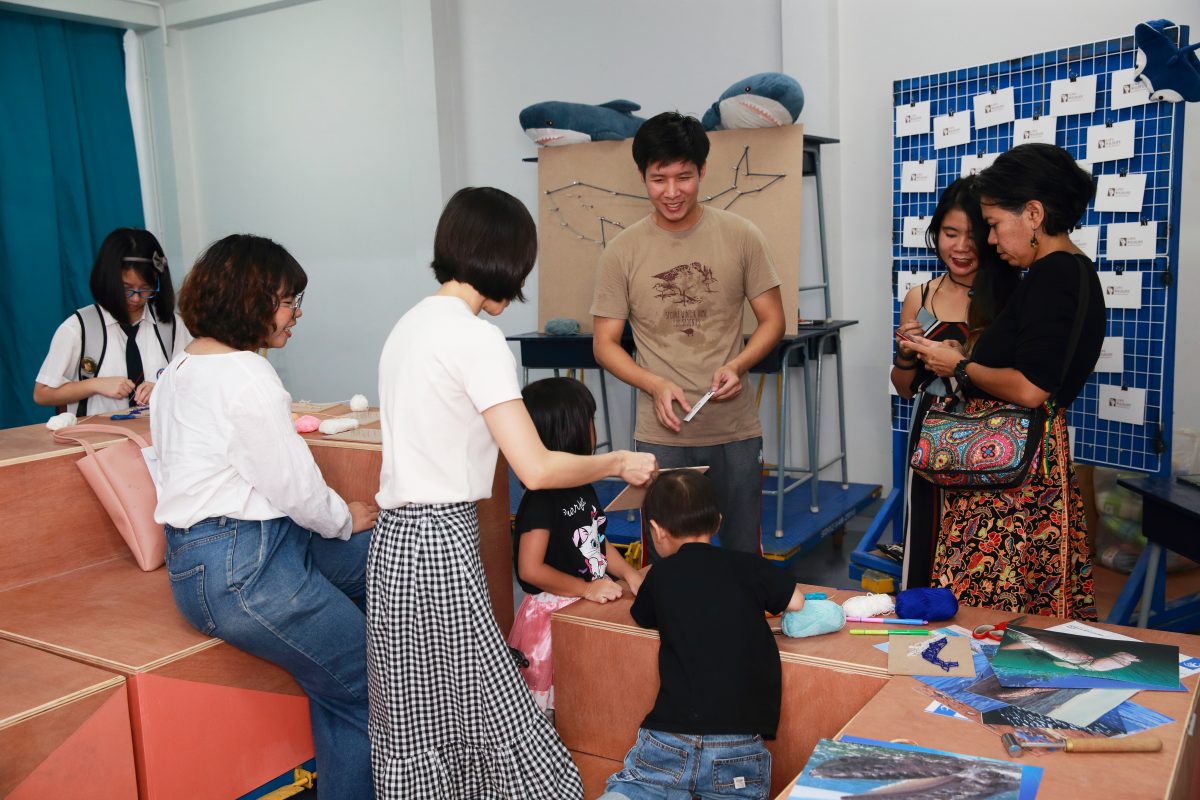
—
Ford Resource and Engagement Centre (FREC) Bangkok is a hub for some of Thailand’s most innovative nongovernmental organisations and social enterprises. Opened in October 2019 and located at the Satri Julanak school in the city’s historic Pomprapsattruphai district, FREC Bangkok brings new resources and initiatives to one of the oldest neighbourhoods in the capital. Designed to be a shared public space for the neighbourhood to enjoy, FREC Bangkok is home to eight nongovernmental organisations that run programmes focused on food, environmental conservation, art and technology. Learn more at www.facebook.com/frecbkk
Stewards of the Bangkok Ford Resource and Engagement Centre
Diverse backgrounds bring unique talents to the residents of Bangkok and nonprofit community
Ford Motor Company Foundation, Scott Chang is a native of California who has worked in Asia for 15 years. He started his career working for a sustainability NGO based in San Francisco before moving to China to help the organisation open its Guangzhou and Beijing offices. Following that, he joined Ford in Shanghai before joining his husband and family in Bangkok three years ago. Outside of Ford, Scott serves as Chair to the AmCham CSR committee, Patron of the British Women’s Group, and is father to three young children.
Nature Inc., Nancy Gibson, a Thai-American from Texas, wears three hats: Executive Director of Bangkok’s oldest conservation NGO Bird Conservation Society of Thailand; founder of Love Wildlife; and lead for Nature Inc., a co-working space which will be home to up to four other green NGOs operating out of her space in FREC. After starting her professional life as a veterinary tech in Texas, she moved to Thailand to take what she thought would be a temporary job in a zoo. Then she rescued her first slow loris, a nocturnal primate, and was hooked on working with wildlife in Thailand.
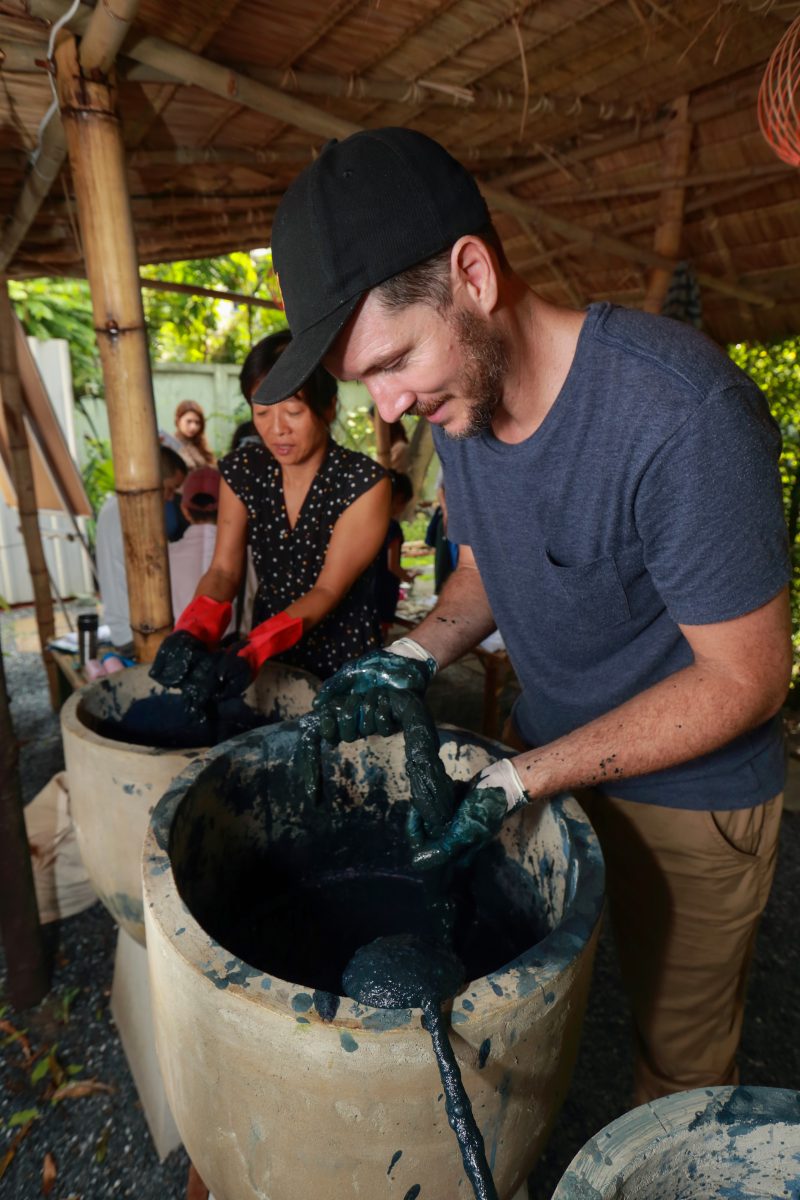
Scholars of Sustenance (SOS) Foundation, Bo Holmgreen. SOS founder Bo is based in North Carolina and Bali, Indonesia. Prior to SOS, Bo founded a software company which helped banks more efficiently allocate cash for their bank and ATM networks. After selling the company, he continued to try his hand at improving logistics to reduce waste – this time in the food industry through the SOS Foundation. SOS trucks visit hotels, restaurants, and grocery stores to pick up, inspect, and then deliver food to communities in need. The SOS Foundation seeks to transform the food industry from the inside – helping the industry lower its environmental impact while also redistributing food to communities that need it.
Urban Studies Lab, Pongpisit Huyakorn. Pongpisit is an architecture and urban planning professor at Thammasat University, one of the leading academic institutions in Thailand. He and a team of researchers have worked with FREC to connect with local community leaders and politically-important stakeholders. He is the lead author of the FREC community study. Pongpisit is a co-founder of Urban Studies Lab (USL), a cross-disciplinary research group founded in 2018 whose core mission is to advance the field of urban development through collaborative, data-driven processes. USL is based at FREC Bangkok, where it will continue its work in Nang Loeng.
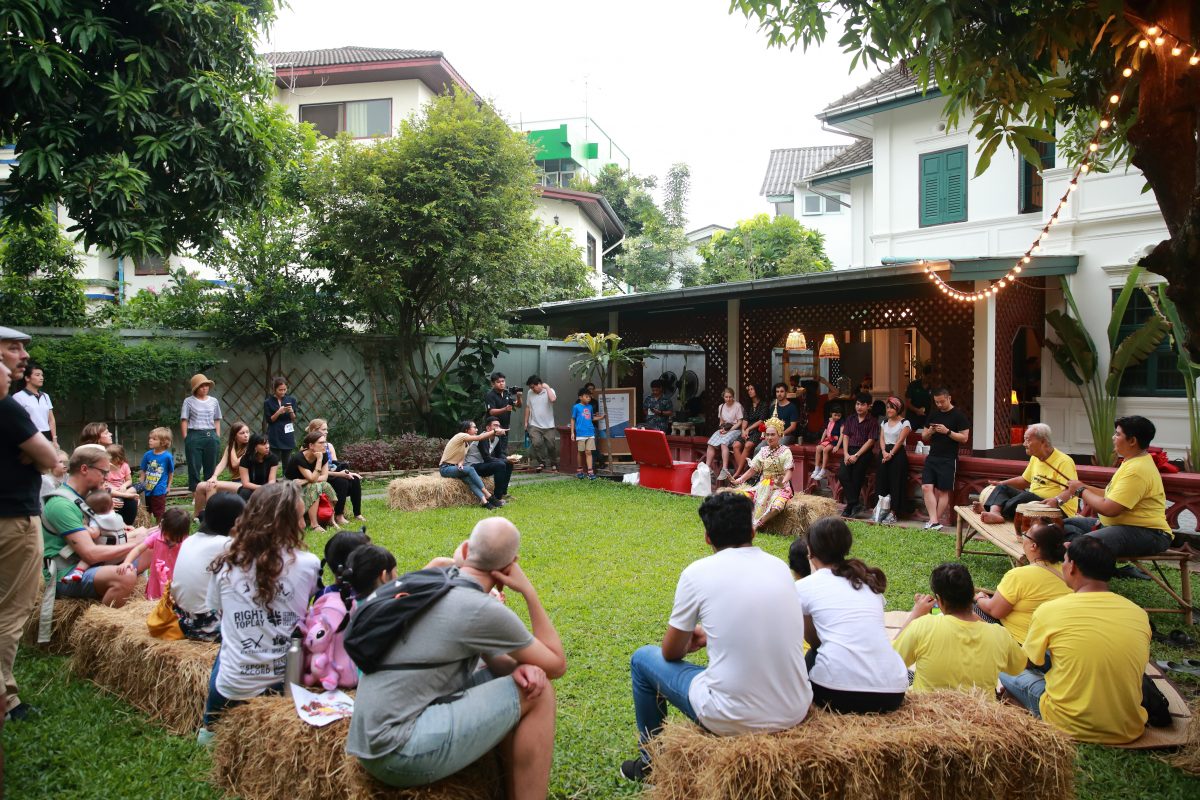
Creative Migration Founder/Executive Director, Susannah Tantemsapya. Susannah is a cultural producer based in Los Angeles and Bangkok. Her career has spanned music, art, film, journalism and design. It includes working at Capitol Records, as a production assistant for avant-garde theatre director Robert Wilson, and managing mid-century modern architect Richard Neutra’s Wirin House. In 2005, Susannah founded the arts nonprofit Creative Migration. Its mission is to advance cultural diplomacy through art, public engagement and sustainability. This year, Creative Migration established Bangkok 1899, a new cultural and civic hub that is associated with FREC Bangkok. Bangkok 1899 is located next to the FREC and strives to be a living model of sustainability, incorporating zero waste practices throughout its day-to-day operations.
Creative Migration Programme Director, Abigail Smith. Abigail has a diverse background, spanning from a degree in the arts from the University of Buffalo to a hospitality career in New York, Alaska, and Bangkok. Abigail spent three years as chief operating officer for SOS Thailand. Abigail left that role to join Susannah Tantemsapya to grow arts programming at Bangkok 1899 in August 2019. Relentlessly energetic and with a penchant for fearlessly riding scooters through Bangkok traffic, she has been a driving force, helping to bring together all our partners and shape the FREC concept in Bangkok.
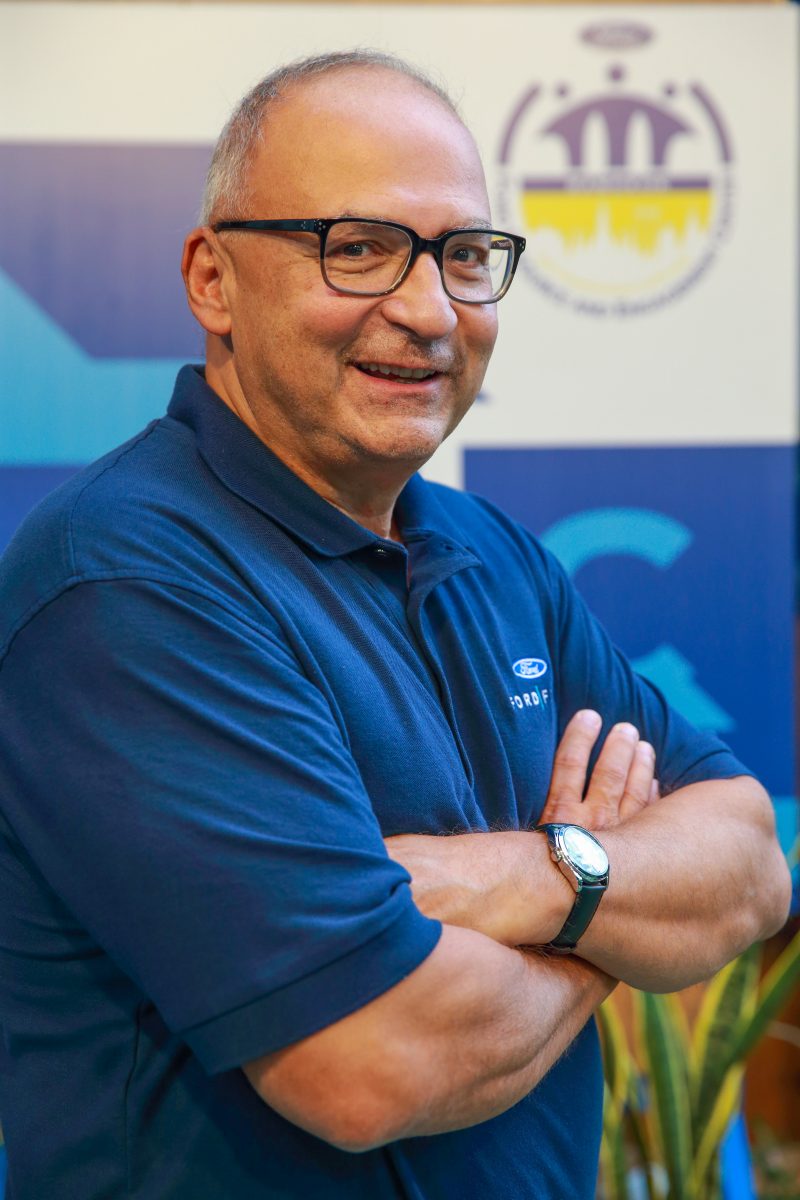
SATI Foundation, Sakson “Saks” Rouypirom. Born in the US to Thai parents, Saks was educated in New York, eventually training and qualifying as a medical doctor before returning to Bangkok with both business and social objectives in mind. On the business side, Saks is an owner of one of Bangkok’s leading health food restaurants, Broccoli Revolution. On the social side, he founded and runs SATI Foundation, helping underserved youth find opportunities to escape poverty, drug addiction and prostitution through vocational training opportunities. Saks was featured in 2018 as a top entrepreneur to watch by the Aspen Network of Development Entrepreneurs (ANDE). In 2019, Saks helped launch Na Cafe, a social impact cafe run out of Bangkok 1899. The cafe is a platform through which SATI, Asylum Access Thailand (AAT) and several other NGOs work to improve the lives of disadvantaged communities in Bangkok. Saks has used FREC to run three soup kitchens, as well as skills and hobby training for the kids that SATI serves. Saks prides himself on keeping busy and striking a close balance between work and sleeping his optimal six hours and one minute a night. “Efficiency is my big thing,” he says.
Precious Plastic Bangkok, Dominic Puwasawat Chakrabongse. Puwasawat has worked in the environmental sector for five years, mainly on fighting illegal fishing and human rights abuses. More recently, he has begun working to address the impact of plastics and marine debris across SE Asia. In 2018, he helped launch the Bangkok-based chapter of Precious Plastic Bangkok (PPB) – part of a global movement of community-based plastic recycling workshops. PPB works to recycle plastic trash into new products using a line of open-sourced designed and cheap to build machines. PPB has its office and machines based at FREC Bangkok. It plans to have a network of workshops established in communities across the city so that they can tackle plastic pollution.
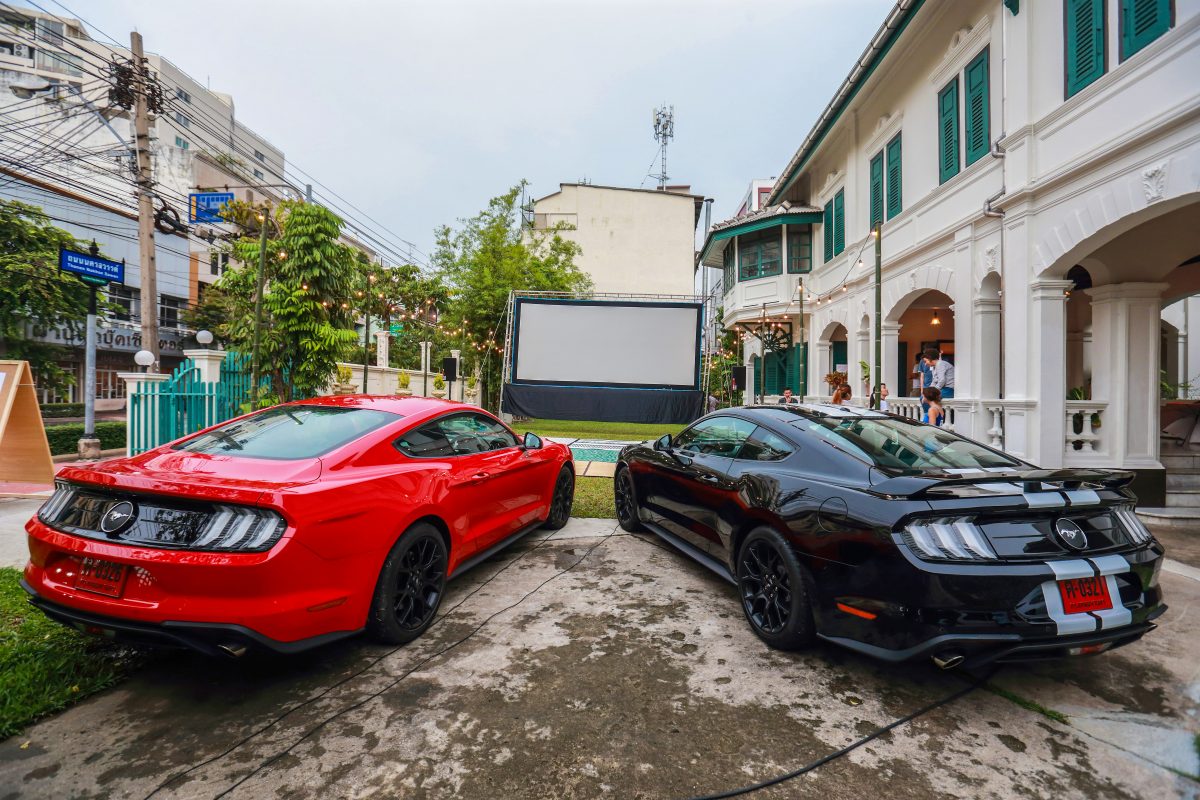
FabCafe Bangkok, Jane Kalaya Kovidvisith. Jane originally set up FabLab at Thammasat University in 2008 “to explore how digital technology can change the way we design, build and live in.” FabLab Thailand was funded by MTEC and Faculty of Architecture and Planning, Thammasat University. During the maker movement when 3D printing became more affordable, she reopened the organisation under the brand of FabCafe. Today there are eleven FabCafes around the world, organising workshops for adults and kids as young as three years of age. As Jane puts it: “We are a network of friends in different countries passionate about technology and using available technology to improve everyday life.”



